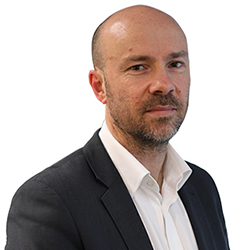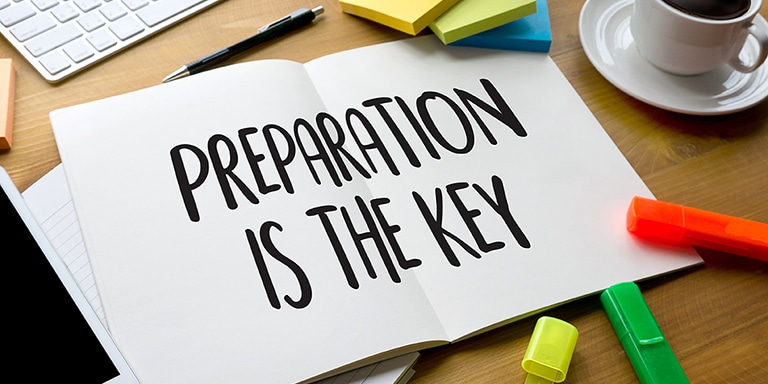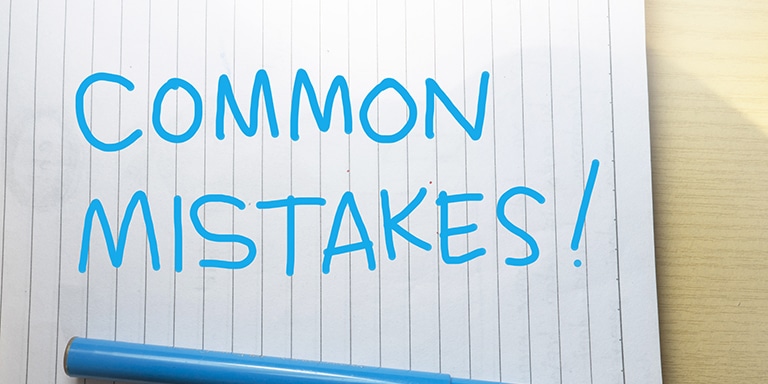The board appointment process is highly competitive, and the chances are that you will receive a “thank you, but no thank you” phone call. In this article, I’ll discuss what you should do following an unsuccessful board interview to build on your gained momentum and unlock future board roles.
“Thank you, but no thank you” – is not a disaster!
After an unsuccessful board interview, thinking that all your work has been for nothing is tempting. However, this is not the case. The experience itself should have given rise to opportunities to get a return on your time and effort investment. Opportunities, I can assure you that the majority of unsuccessful board interview candidates will not refocus and do them. Specifically, you can turn a negative into a positive with three decisive steps.
STEP ONE – Always seek feedback post-board interview
Asking for and hearing feedback is difficult to do. Further, bear in mind that delivering good feedback can be even more challenging. So if you ask for feedback about your board interview and candidature, you must do so sincerely and permit them to speak freely. As part of the process, you must assure them that you are genuinely interested in their perspective.
On a practical level, don’t ask for feedback on the same day they advise you haven’t got the role. It is unlikely that they are in a position to do so effectively, and more likely, you won’t be in the best place to hear it. My advice is to schedule a call instead. When the call takes place, don’t just listen, be involved, and ask questions like:
- What could I have done better?
- What would you have liked to hear from me?
- What would you have liked to hear less from me?
- What did the successful candidate have that made them successful?
- What attracted you to my application?
STEP TWO – Reach out to help
Start by reflecting on the reason you applied for the role in the first place. It was most likely because you were passionate about the organisation, what they did, or how you could help. On this basis, the conversation does not need to be over. Explore how else you can help.
Reach out to the Chair and thank them for the opportunity to be considered, and tell them that you would still like to help (mentoring, volunteering, consultancy, advisory…). This has a dual effect.
- It keeps you in touch with the organisation, which means that when the next NED opportunity comes around, you are in a prime position to be considered first.
- It demonstrates your genuine commitment to them – endearing yourself to the organisation.
STEP THREE – Expand and nurture your board network
As noted above, you should have spoken to 20+ NEDs as part of your preparation for the board interview. This means there are 20+ NEDs for you to follow up with to let them know the outcome of your interview. The time between initially speaking with them and reconnecting to give them the news may be months, and so much may have happened in their world. Connect with them again, offer to buy them a coffee as a thank you, and ask how you can help. These weak ties can lead to other conversations with similar NEDs representing organisations, 50% of whom appoint new NEDs each year. The role you applied for gives you an excuse to reconnect with these people – an excuse you would not have had should you not have applied – regardless of the outcome of that application.
Conclusion
In the beginning, it is the end, but in the end, it is the journey… a glib response to a disappointing rejection but a statement that remains true. Why? Because if you followed my advice by applying for a board role for an organisation you are passionate about, conducting thorough research and preparing for the interview properly, you will have spent that time getting to know the organisation and NEDs associated with it. These new relationships alone will pay dividends if you leverage them.
Related Articles
How board applications are graded to determine who makes the cut
How to prepare for a Board Interview
Close Friends & Strong Relationships are NOT the Connections that will get you a Board Appointment
This service offers a full 2-hour mock board interview scenario with David Schwarz – Australia’s leading board recruitment expert and ex-board headhunter who has interviewed thousands of critical feedback. Guaranteed to give you the language confidence you need to ‘dare them not to appoint you’.
⇒ Find Out More ⇐
About the Author

David Schwarz is CEO & Founder of Board Direction – Australia’s leading board advertising and non-executive career support firm. He has over a decade of experience of putting people on boards as an international headhunter and a non-executive recruiter and has interviewed over one thousand non-executives and placed hundreds into some of the most significant public, private and NFP roles in the world
Share this article on your favourite platform!






